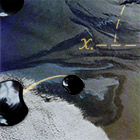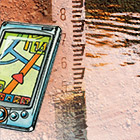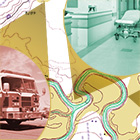
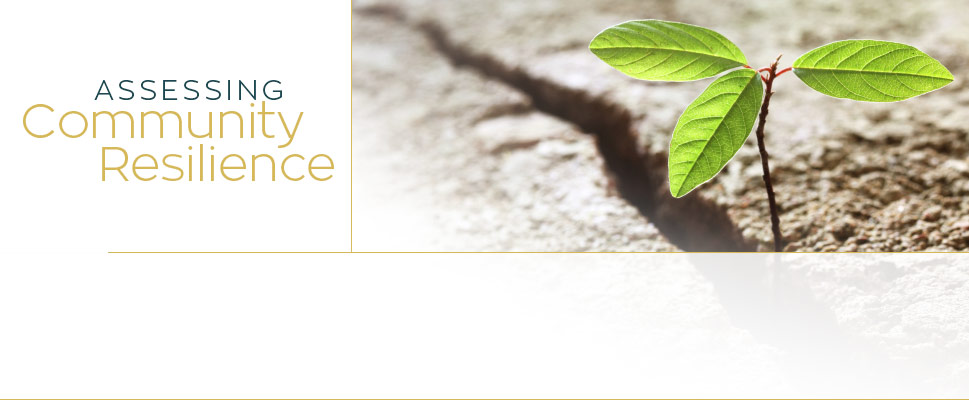
Following a natural disaster or major emergency, what does it take for a community to bounce back? A UM research team is finding out.
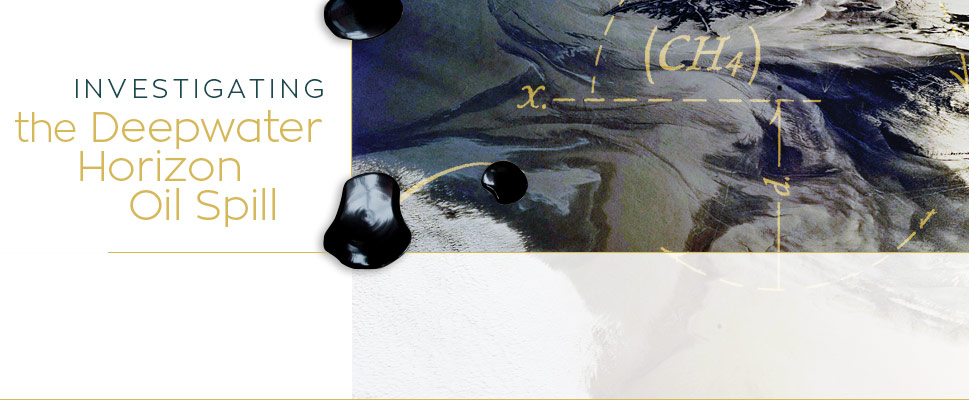
UM researchers are dedicating their service and expertise in an ongoing response to the Gulf's most devastating environmental crisis.

Experimental work in the north Mississippi hills may show that tornadoes and forest fires are tied to restoring ecological diversity.

A UM researcher is studying the ecological health of the Mississippi River and its tributaries.
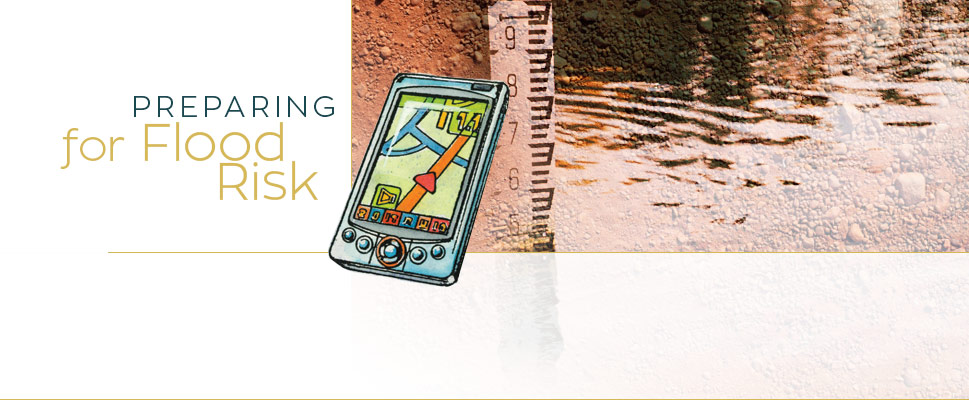
UM researchers are assessing levee failure risk and finding ways to protect people and infrastructure in worst-case scenarios.
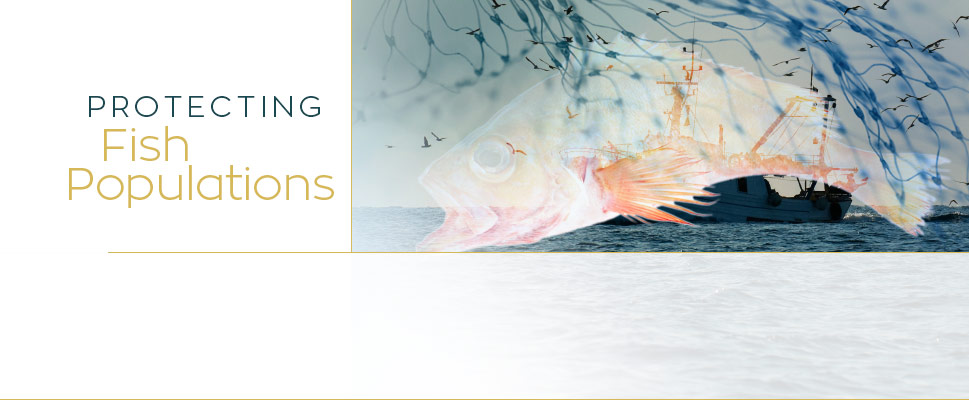
A UM research project seeks to help restore the red snapper population in the Gulf of Mexico by reducing bycatch.

A UM researcher is finding innovative ways to collect samples and check water quality.

The UM Environmental Toxicology Research Program investigates how contaminants affect our health and the health of generations to come.
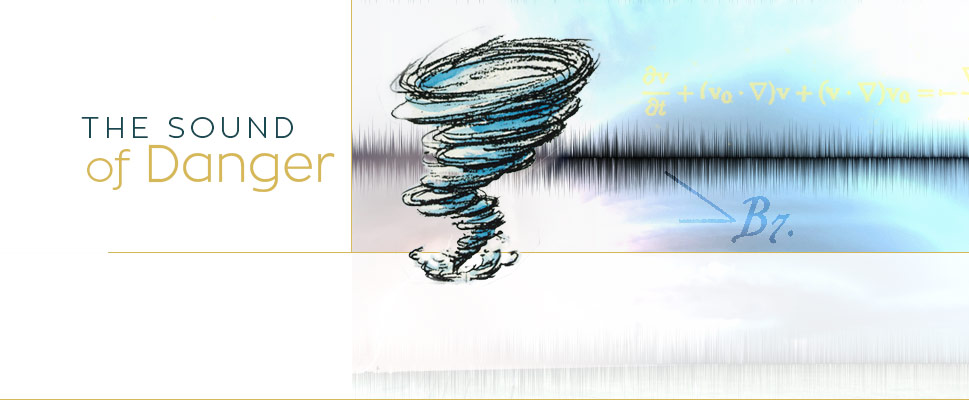
Powerful acoustic sensors developed by NCPA researchers may help scientistis better pinpoint tornadoes and measure hurricane intensity.
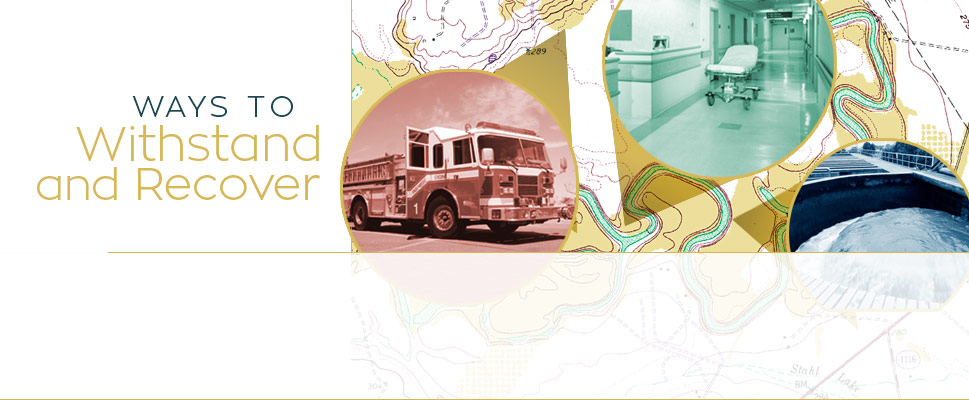
An integrated geospatial database of the Delta’s critical facilities is designed to help communities assess flood risk and mitigate disaster.

Simulation software developed by a UM research center is used for swift analysis in the face of floods and hurricanes.
- Assessing Community Resilience
When it comes to preparing for a natural disaster, any community’s planning efforts must start with emergency response. How will critical needs such as water and food be met? How will the injured and vulnerable be located and cared for? Yet when the rush to critical aid has passed, the longer-term questions loom: How will the community settle into the “new normal” that’s replaced the reality ...
- Investigating the Deepwater Horizon Oil Spill
In April 2010, the explosion of the Deepwater Horizon oil rig spread almost 5 million barrels of oil into the Gulf of Mexico, creating an environmental disaster of a magnitude never before seen. Three hundred miles from the coast, researchers at the University of Mississippi stood ready to offer their service and expertise. These are the stories of three UM researchers who led the way ...
- Maintaining the Biodiversity of Mississippi’s Past
Although it may seem counterintuitive, experimental work under way in the north Mississippi hills may show that tornadoes and forest fires are not ultimately harmful to woodland environments, and could even be a helpful tool in restoring the diversity of native plants and trees. Studying biodiversity is the passion of UM biology professor Steve Brewer, who has been pursuing separate projects in the Holly Springs National ...
- Microscopic Life in the Mighty Mississippi
Although they may be the tiniest living players in the Mississippi River’s food web, algae and bacteria are vital to sustaining the ecological health of the river and its tributaries. Clifford Ochs, associate professor of biology, has dedicated his research to understanding the river’s microbial ecology, including the connections between its microbiology, chemistry and physical characteristics. “Microorganisms are at the base of the food web. They’re ...
- Preparing for Flood Risk
The most destructive river flood in the history of the United States swamped Greenville for eight weeks in 1927, its waters 30 feet deep. The damage was due in part to a levee failure at Mounds Landing, one so calamitous it left a 3,000-foot gap in the mainline levee system. Although there have been no failures of that magnitude since, disasters like the 2011 flood ...
- Protecting Fish Populations
For students working under UM biology professor Glenn Parsons, firsthand exposure to a critical decline in one important fish population has found them knee-deep in a net’s haul aboard shrimping boats in the Gulf of Mexico. “That means a lot of backbreaking work—picking shrimp out, picking snapper out, hauling the baskets and weighing them,” Parsons said. “Of course, I’m doing it alongside them. I’ve always enjoyed ...
- Testing the Waters
How can we ensure that Mississippi’s water bodies are safe, not only for drinking water but also for recreation? The question drives Cristiane Surbeck, a UM associate professor of civil engineering, as she investigates water quality in the Ross Barnett Reservoir and tests a new device to detect pollution in the streams of the Mississippi Delta. “Ross Barnett Reservoir is the main source of drinking water ...
- The Power of Pollutants
As our environment absorbs the byproducts of human activity, from the plastics we toss to the estrogenic compounds that leach into the water supply as a result of hormonal birth control use, the question is urgent: How do these contaminants affect our health and the health of generations to come? The University of Mississippi’s Environmental Toxicology Research Program is seeking answers. The cornerstone of Kristine Willett’s ...
- The Sound of Danger
Many of the tools used to monitor hurricane and tornado activity are surprisingly basic—from the eyewitness sightings used to establish tornado landings to the disposable instruments dropped into hurricanes by daredevil flight crews. To achieve the goal of more accurately pinpointing a tornado’s landing or measuring the intensity of a hurricane, researchers at the UM National Center for Physical Acoustics are developing sensors that gather data ...
- Ways to Withstand and Recover
In addition to studying why and how levee seepage may occur, the Mississippi Mineral Resources Institute is helping Delta communities assess flood risk and mitigate disaster by building an integrated geospatial database of the region’s critical facilities. Those critical facilities span from fire stations and hospitals to electric substations and waste treatment centers. Because the definition of a “critical facility” may differ from one county to ...
- When the Dam Breaks
When the waters are rising and the threat to human lives is imminent, how can emergency managers know which areas must be evacuated most quickly? An integrated flood-simulation software developed by the UM National Center for Computational Hydroscience and Engineering, or NCCHE, is on its way to becoming a standard tool not only for emergency planning but also for swift analysis in the face of a ...


